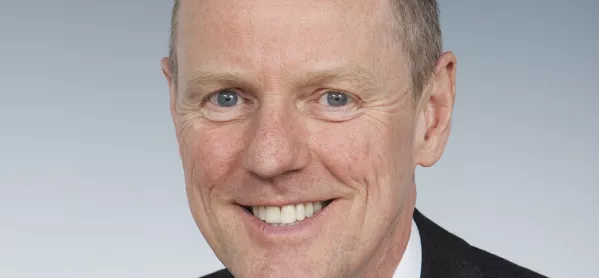Schools minister Nick Gibb has admitted that delivering computer science is a “challenge” for schools.
He was answering questions from MPs this afternoon about the government’s controversial decision to replace ICT GCSE and A level with computer science qualifications designed to teach pupils more about computer programing and coding.
Mr Gibb was appearing before the Commons science and technology committee when concerns were raised about a lack of computer science teachers and limited expertise among existing ICT teachers. The minister admitted: “It is a very challenging new curriculum to deliver.”
Thousands have called on the government to reverse its decision on scrapping GCSE and A-level ICT.
But Mr Gibb told MPs today that “a lot of time” was taken over the Department for Education’s decision to abolish the qualifications from September 2017, adding that it had been “very difficult”.
The has been accused of burying its decision on the subject within a wider consultation document calling for views on the development of content for both GCSE and A level.
Since then, more than 10,800 people have signed a petition calling for the ICT qualifications to remain on the basis that it “will drastically narrow the curriculum”.
Today, the minister stressed that approximately £4.5million has been invested over three years to help the situation - including the Network of Teaching Excellence, where 300 teachers have cascaded their skills down to others in the profession.
“That’s a very important part of upskilling the teaching profession in being able to deliver this more demanding national curriculum subject,” he said.
Mr Gibb has insisted that computer science will give students the skills needed for the future. But many teachers disagree and argue that it is narrowing the options for pupils who are not interested in studying a more academic qualification.
“There are a lot of technical and professional qualifications for those young people who do not want to take computer science but want to continue to develop their digital skills,” the minister added.
Mr Gibb said in his evidence today that the department had drafted what a reformed ICT GCSE would look like, that could run alongside computer science. But the decision was taken to opt for a single subject in future to ensure more pupils studied the computer science qualification.
Official figures show that more than 111,000 students sat ICT GCSE in the summer, while just 35,000 pupils sat the computing GCSE.
“We didn’t want people not to be taking the computer science GCSE and A level,” Mr Gibb said. “We want as many of our young people to be taking that as possible.”
The schools minister expects the numbers of students choosing computer science at GCSE to grow, he told MPs.
Want to keep up with the latest education news and opinion? Follow TES on Twitter and like TES on Facebook




